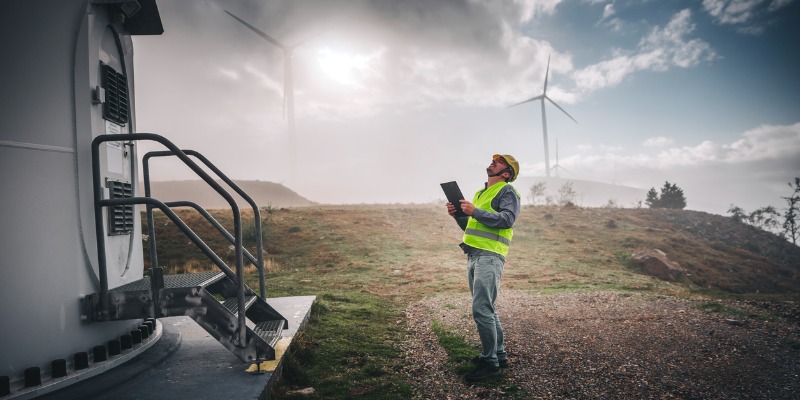
Industrial generator failure means a significant disruption to your business. The downtime involved to fix the problem can get in the way of production, deadlines, and events. It is important to quickly discover the cause of your generator failure to get it back online. It is also important to implement new policies in order to ensure that the issue which caused the failure is addressed in the future. Here are some common causes of industrial generator failure you should be aware of.